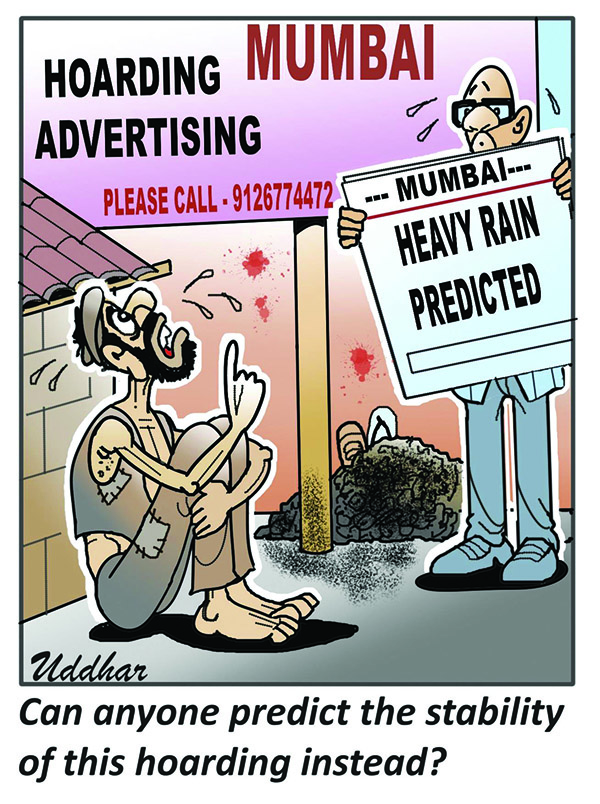23 Mar 2018 | 05:04am IST
The normal and the para normal
Dr Clare Johnson, vice president of the international association for the study of dreams, writes: “Dreams speak in a rich mixture of images, metaphors, and emotions, and they can powerfully influence our waking moods.
An ancient Jewish proverb says: 'An unexamined dream is like an unopened letter.'
When we work with our dreams and unwrap their symbolic imagery, we get to read this 'letter' from our unconscious mind. In doing so, we gain insight into how we are really feeling, or what we really need right now in our relationships and in our lives.
Dreaming is a universal language.
As I read this, I was reminded of an unusual dream I had. When I started legal practice some thirty five years ago, Albano Viegas had already gained reputation as a top criminal lawyer and the reputation remained with him until his death, a day after celebrating his birthday in November, 2015. A month or two later, I see Albano with his flowing beard and skeletal frame. He pointedly asks me “Radha, why was I buried and not cremated?” I wake up. It is just another dream.
However, the same evening my niece through my wife and also Albano’s niece through his brother also a lawyer, comes over. I mention the dream to her. She looks open mouthed at me in seeming disbelief with her big eyes opened even bigger. “What happened?” I ask. “I had exactly the same experience last week” she intones. “Twice I saw him in my dreams, asking me precisely the same question. And you know, Auda too had a similar experience”.
So, I call Auda Viegas, Albano’s only sister. And she narrates. “You have seen the mango tree in our compound at Velim, overhanging the road. I see Albano sitting on it and dangling his legs and asking me ‘Auda, why was I buried and not cremated?’ The dream recurred twice”. She adds.
The intriguing part is that three different persons have the same dream without being aware of each other’s dreams. As in the Jewish proverb, my dream is still an unopened letter.
And then, there is an incident which took place a few years after the end of First World War, which was so frequently talked about by village elders in my younger days. The scene is the little chapel of “Nossa Senhora das Flores” not far from my ancestral house. One fine day all villagers come rushing to the chapel on hearing the bell, toll, announcing a death. It was the village vagabond who was furiously pulling the rope claiming that the Pope had died although there was no such information at all. Notwithstanding, instructions to the contrary, he continued to toll the bell. The villagers ignored him.
Days later to everyone’s surprise news filtered in that the Pope had actually died at the time and on the date stated by the vagabond. Due to difficulties in communication it took days for the news to reach Goa. Collating facts, I can now say that the incident relates to the death of Pope Benedict XV, the first Pope to have died after the end of the war on January 22, 1922. As time passed, the witnesses to the incidents have died and faded away and so has public memory.
I grew up in an era when belief in ghosts and demons was strong. Travelling from Margao towards Cavelossim, you hear the bus conductor call out the bus stops, ‘Khareaband’, ‘Bhindi Colle’, ‘Tollapam Colle’, “Devchara Ambo” and so on.
Closer look reveals the Devchara Ambo (Devil’s mango), now dead in the tight embrace of a strangler fig tree (aptly named so), as the road takes a sharp turn after the temple at Orlim. On the left there is an old house with a compound wall right up to the road. The Devchara Ambo lies on the right and is part of the same property, now disannexed by the road.
Decades ago in the hours after midnight, a ghostly spectre was seen making frightening noises from the mango tree. Those were times when villages were in complete darkness after sun set and ghosts were free to haunt any spot (usually of the mind!) that was fancied. This particular ghostly apparition was witnessed by quite a few on two or three occasions.
The owners of the house are based in Bombay and were accustomed to come down to Goa during the May vacations. Sadly for them by the time they arrived, mangoes had been plucked and pilfered, by unknown persons. So a way around had to be found. A son-in-law of the house, a school teacher, discovered a cassock of a deceased family priest in the attic. He made a contraption out of it and hung it on the tree. Hiding in the bushes, he vocalised the frightening noises. The following year, someone climbed the tree to pick up mangoes, fell down and was seriously injured. The fall was immediately attributed to the devil on the tree. The news spread all over and no one has dared to pick mangoes from the tree ever since, except the owners. And the mango tree continues to be called Devchara Ambo.
On the other hand, thanks to the devil, the family has been enjoying the mangoes undisturbed. The devil was fake but the mangoes genuine, sweet and lovely. I know, because that’s my grandmother’s house.
(Radharao F.Gracias is a senior Trial Court Advocate, a former Independent MLA, a political activist, with a reputation for oratory and interests in history and ornithology).
